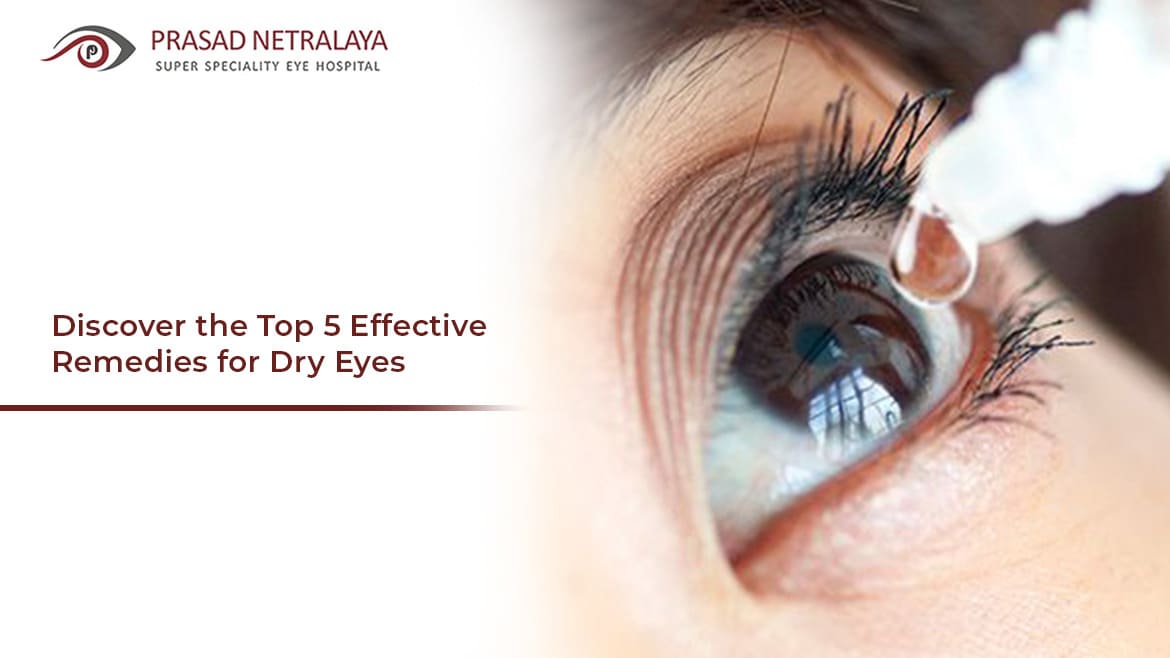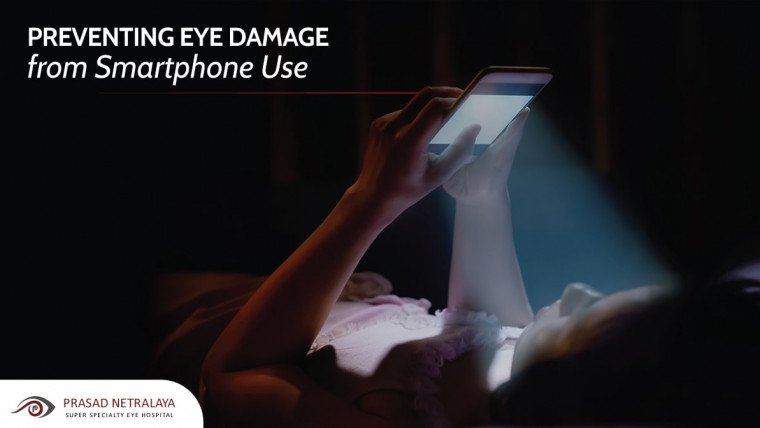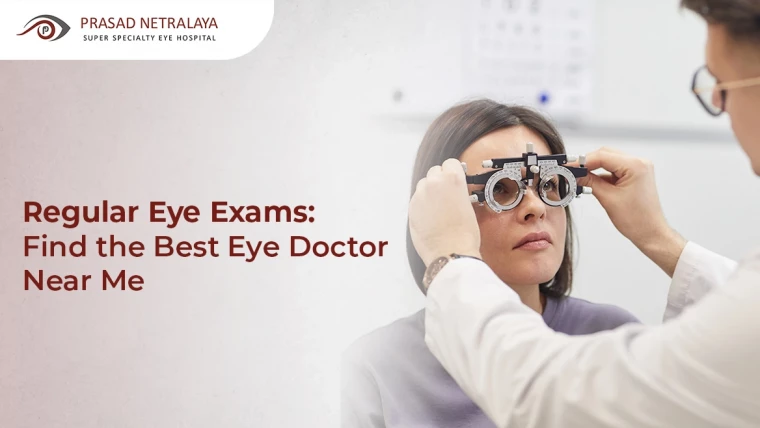Are you one of the millions worldwide who suffer from dry eyes? Studies show that approximately 32% of the Indian population suffers from dry eye syndrome.
While not fatal, this common condition can affect people of all ages and can cause discomfort, blurred vision, and potentially interfere with daily activities.
In this article, we will explore the top five effective dry eye remedies for relieving symptoms and improving eye health.
Let’s begin.
Table of Contents
Understanding Dry Eyes
Dry eyes occur when the tear glands fail to produce enough tears to nourish the eyes properly.
Factors such as environmental conditions, ageing, hormonal changes, certain medications, and underlying medical conditions can all contribute to dry eyes.
Common symptoms of dry eyes include:
- Stinging or burning sensation
- Itching
- Redness
- Sensitivity to light
- Blurred vision
- Stringy mucus in or around the eyes
Top 5 Remedies for Relieving Dry Eyes
Dry eyes aren’t just uncomfortable; they can disrupt your daily activities.
Based on our research, here are five highly effective remedies for managing dry eyes.
1. Artificial Tears
Artificial tears, also known as lubricating eye drops, are a popular and easily accessible dry eye treatment. These eye drops mimic natural tears and lubricate the eyes, relieving dryness and discomfort.
Always look for preservative-free artificial tears for optimal relief. Apply them according to the instructions on the package or as directed by your eye care professional.
2. Warm Compresses
Applying warm compresses to your eyes can stimulate tear production and relieve dryness. Dip a clean washcloth in warm water, wring out the excess water, and place it over your closed eyelids. Relax and leave the compress on for 5–10 minutes. The warmth increases blood circulation and helps in tear production, which keeps your eyes well-lubricated.
3. Diet and Hydration
Proper hydration and a balanced diet promote healthy eyes and reduce dry eye symptoms. Include foods high in omega-3 fatty acids, vitamin A, and vitamin C, such as fish, leafy greens, carrots, citrus fruits, flaxseeds, and chia seeds in your diet: they’re rich in nutrients that keep your eyes lubricated.
To get the best out of your diet, we highly recommend consulting a healthcare professional for personalized diet recommendations. They can help you figure out what’s missing in your current diet, which could be the culprit behind your dry eyes.
4. Blinking Exercises
Staring at screens reduces blinking, which causes dry eyes. Include blinking exercises in your routine while working on a computer or whenever you have dry or tired eyes.
Incorporate the 20-20-20 rule by taking a twenty-second break every twenty minutes to focus on a twenty-foot-away object. This simple practice improves tear distribution and reduces eye strain, which benefits overall eye health.
5. Humidifier Use
Low humidity levels, whether indoors or outdoors, can cause your tears to evaporate quickly, causing dryness and discomfort. You can address this issue by using a humidifier in your room, which increases the humidity in your environment and thereby prevents your eyes from drying out.
It is best to place the humidifier in the room where you spend the most time, such as your bedroom or office. Keep the humidifier clean on a regular basis to prevent bacterial growth and maintain optimal moisture levels in the air.
Your Eyes Deserve the Best
With these highly effective remedies, you can say goodbye to dry eyes. Artificial tears, warm compresses, hydration, blinking exercises, and a humidifier can provide relief. Don’t let dry eyes interfere with your daily activities. Incorporate these remedies into your routine to find comfort and clarity.
For expert advice and treatment for dry eyes, visit Prasad Netralaya, Mangalore and Udupi’s first and finest super speciality eye hospital.



